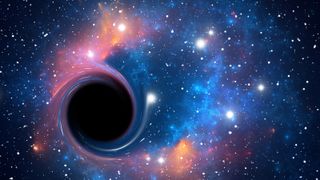Milky Way
Latest about Milky Way
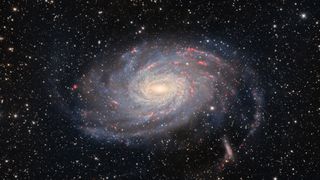
Space photo of the week: Milky Way's galactic twin captured by Dark Energy Camera
By Jamie Carter published
NGC 6744 is a spiral galaxy bigger than, but otherwise very similar to, our own. NASA has dubbed the large spiral galaxy the Milky Way’s ‘big brother’.
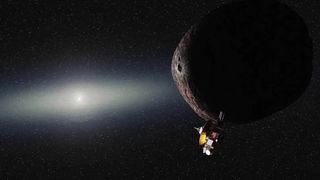
Scientists confirm that most of the universe is 'darkness and nothing more'
By Ben Turner published
Finding the universe's brightness is essential for confirming our theories of what makes up the universe. But to do so, scientists had to send a spacecraft far away from our sun.
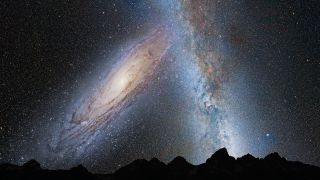
Catastrophic collision between Milky Way and Andromeda galaxies may not happen after all, new study hints
By Ben Turner published
Astronomers have long predicted that a collision between our galaxy and nearby Andromeda could be inevitable, but new calculations suggest this may be an over exaggeration.
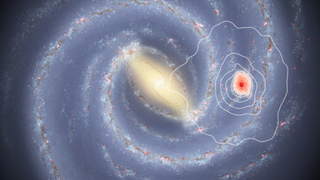
Group of ancient stars spotted near the sun could rewrite the Milky Way's history
By Patrick Pester published
Researchers using the Gaia space telescope studied some ancient stars near the sun, revealing that our corner of the Milky Way may be billions of years older than once thought.
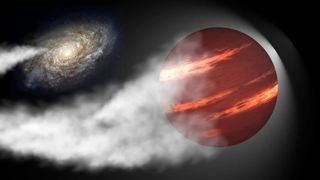
Runaway 'failed star' races through the cosmos at 1.2 million mph
By Robert Lea published
Citizen scientists have discovered what may be a brown dwarf racing through the cosmos at around 1.2 million miles per hour. Now astronomers want to know what launched it.
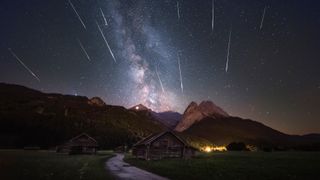
The 1st week of August is a stargazer's delight. Here's why.
By Jamie Carter published
With its moonless sky, the first week of August is one of the best times all year to see the Milky Way and meteor showers without a telescope. Here's how to be in the right place at the right time for the best view.
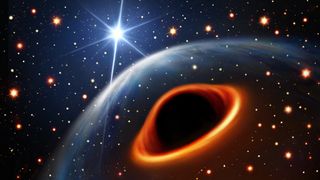
Ultra-rare black hole found hiding in the center of the Milky Way
By Ben Turner published
A potential intermediate-mass black hole is hiding right next to our galaxy's supermassive black hole.

Is the James Webb Space Telescope really 'breaking' cosmology?
By Paul Sutter published
While headlines around the world claimed that ancient galaxies discovered by the James Webb Space Telescope were "breaking" our understanding of the Big Bang, the truth is much more nuanced — and much more interesting.
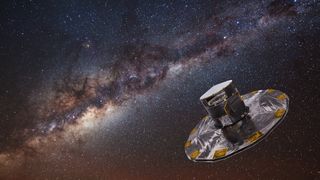
Gaia spacecraft almost doomed by back-to-back meteor strike and solar storm — but ESA says they've found a solution
By Stephanie Pappas published
The European Space Agency's Gaia spacecraft is back to routine operations studying the Milky Way after a meteor strike punctured its protective shield, allowing charged solar particles to stream through.
Sign up for the Live Science daily newsletter now
Get the world’s most fascinating discoveries delivered straight to your inbox.
